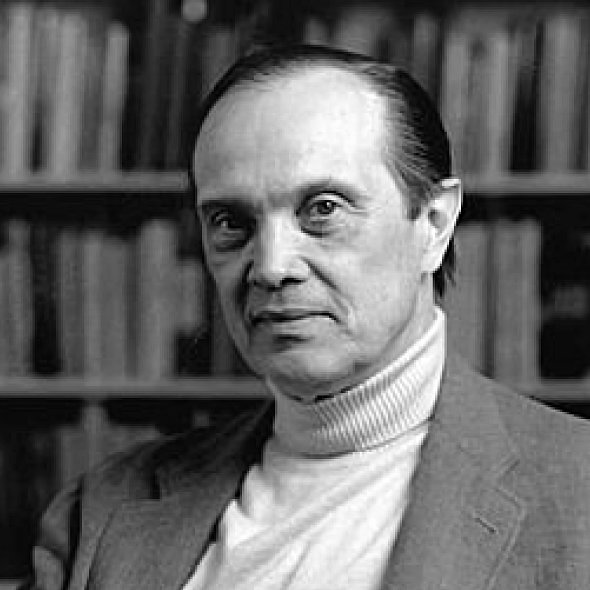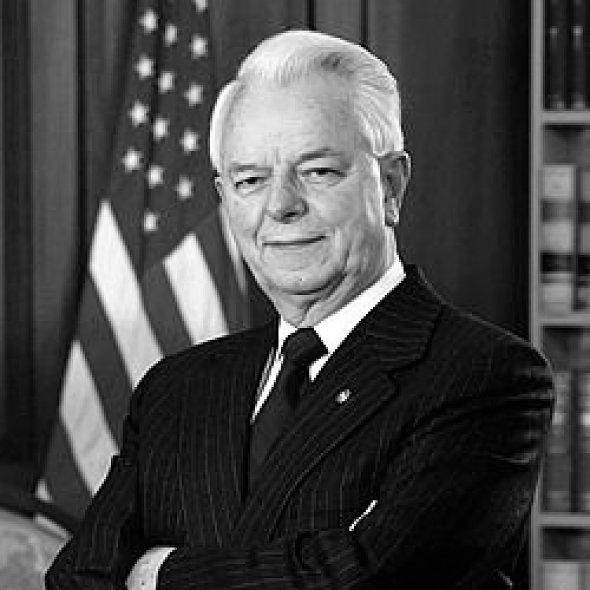However, Senator Byrd’s legacy was not without controversy. As a young man, Byrd was exposed to the Ku Klux Klan (KKK), a white supremacist group that expressed vitriolic anti-African American, anti-Catholic and anti-Semitic rhetoric. Working as a butcher in the early 1940s, a politically ambitious Byrd recruited 150 fellow West Virginians to form a KKK chapter, of which he became the leader. Byrd stated that throughout his few years of association with his chapter he never promoted or engaged in the violent acts of hate that the KKK is associated with, but instead was attracted to the group as a powerful gathering of men against communism as well as a platform from which he was able to launch his political career. Although Byrd apologized numerous times for this period of his dynamic past, he was never able to fully polish off the tarnish it left on his reputation.
While serving as a U.S. Senator, Byrd was also criticized for his voting record – he prolonged a 14-hour filibuster on the Senate floor during the eventual passage of the 1964 Civil Rights Act, supported the wildly-unpopular Vietnam War, and voted against the nomination of Thurgood Marshall, the first African American appointed to the U.S. Supreme Court.
As Byrd aged, he cited his affiliation as a Baptist and the need to stay politically relevant in the Democratic Party as motivations to practice tolerance and acceptance. Byrd’s passion for lifelong learning resulted in his exposure to new views and changing attitudes as American society progressed. While his past cannot be erased, his practice of consistent learning and introspective thought allowed him to adopt profound changes in his beliefs and values – a feat that helped him trump a dark period and earn nine consecutive Senate terms, serving twice as Senate majority leader. As his pursuit of self- education continued, Byrd was lauded by those in his party for supporting programs aimed at alleviating poverty, opposing the Iraq War, and supporting minority rights.
Ultimately, Byrd’s ability to evolve on social issues and his dedication to lifelong learning enabled great accomplishments while he represented and served West Virginia. His knowledge of issues throughout his career allowed him to stay relevant as American society evolved. Byrd, however, never forgot his roots and worked tirelessly to give back to those whose livelihood depended on his grit and determination. By steering billions of federal dollars toward West Virginia, he was able to bring jobs, industry and infrastructure to a state that didn’t have a single mile of divided four-lane highway when he began his tenure. Now, over three dozen bridges, highways, buildings and public schools are named in his honor. Byrd embraced learning in all facets – music and liberal arts, the Constitution and the legal system, and religion and acceptance. Byrd personified the self-sustaining drive one must possess to pursue a life full of learning and evolution required to contribute to and influence the public good.










